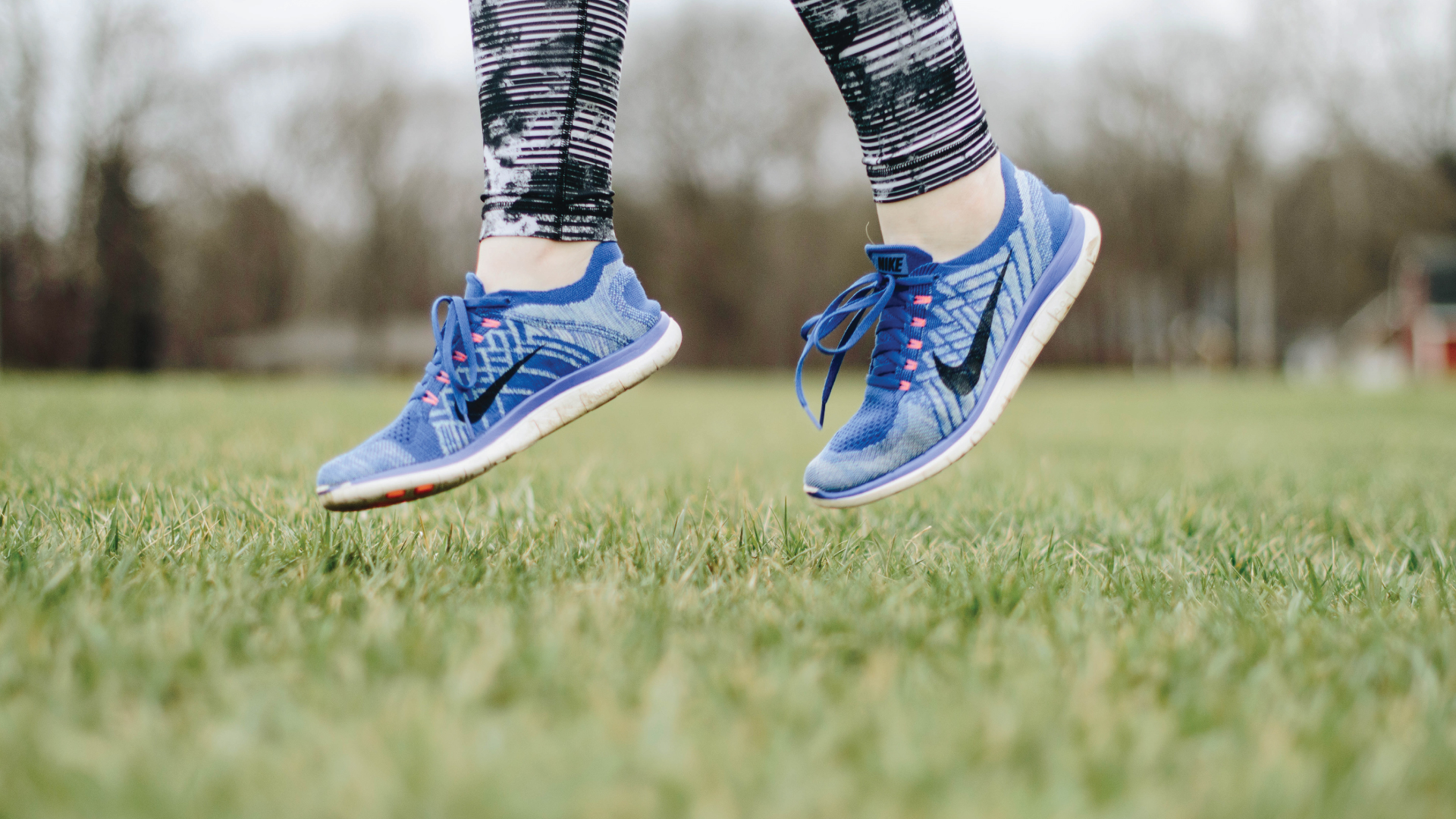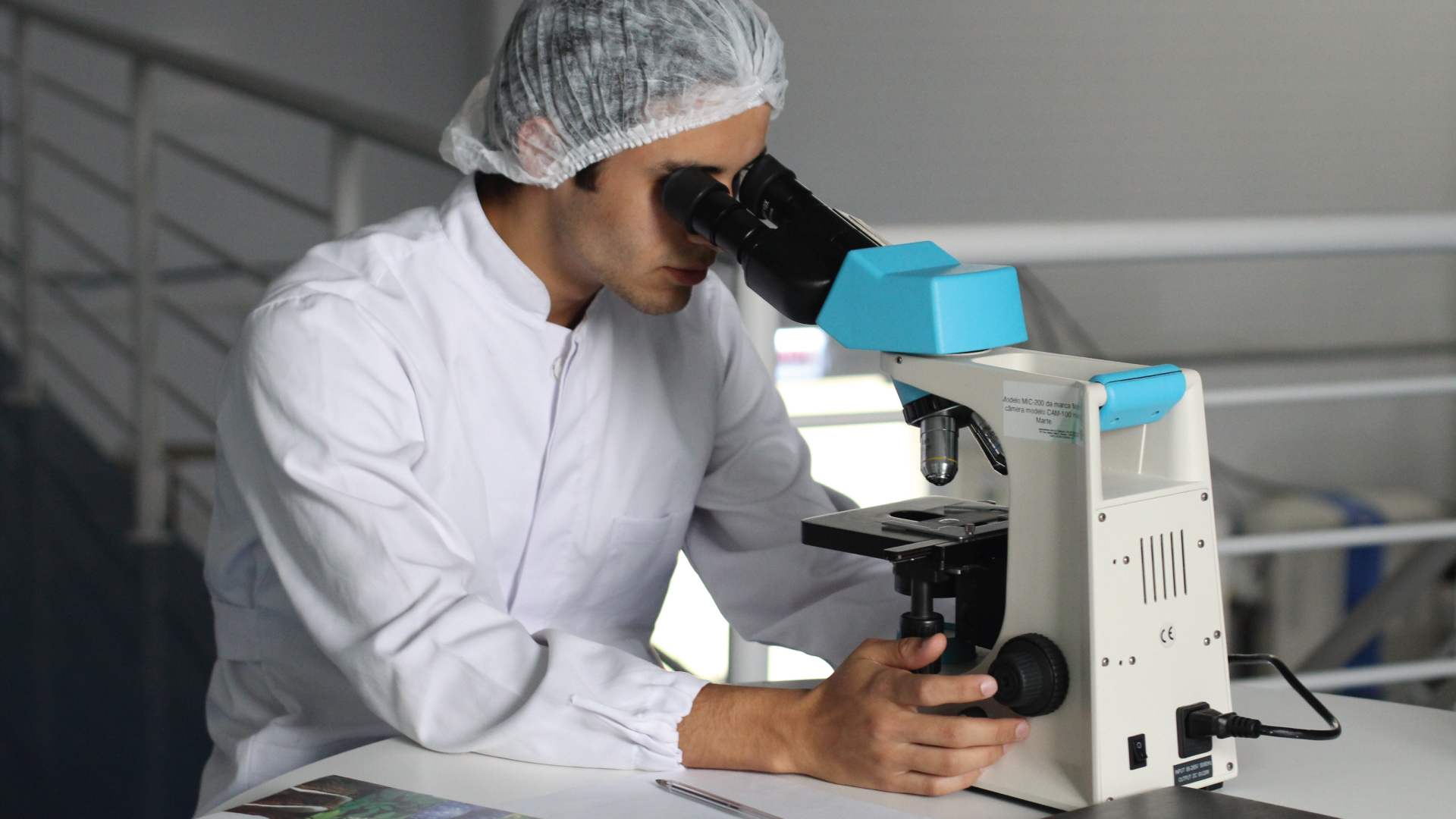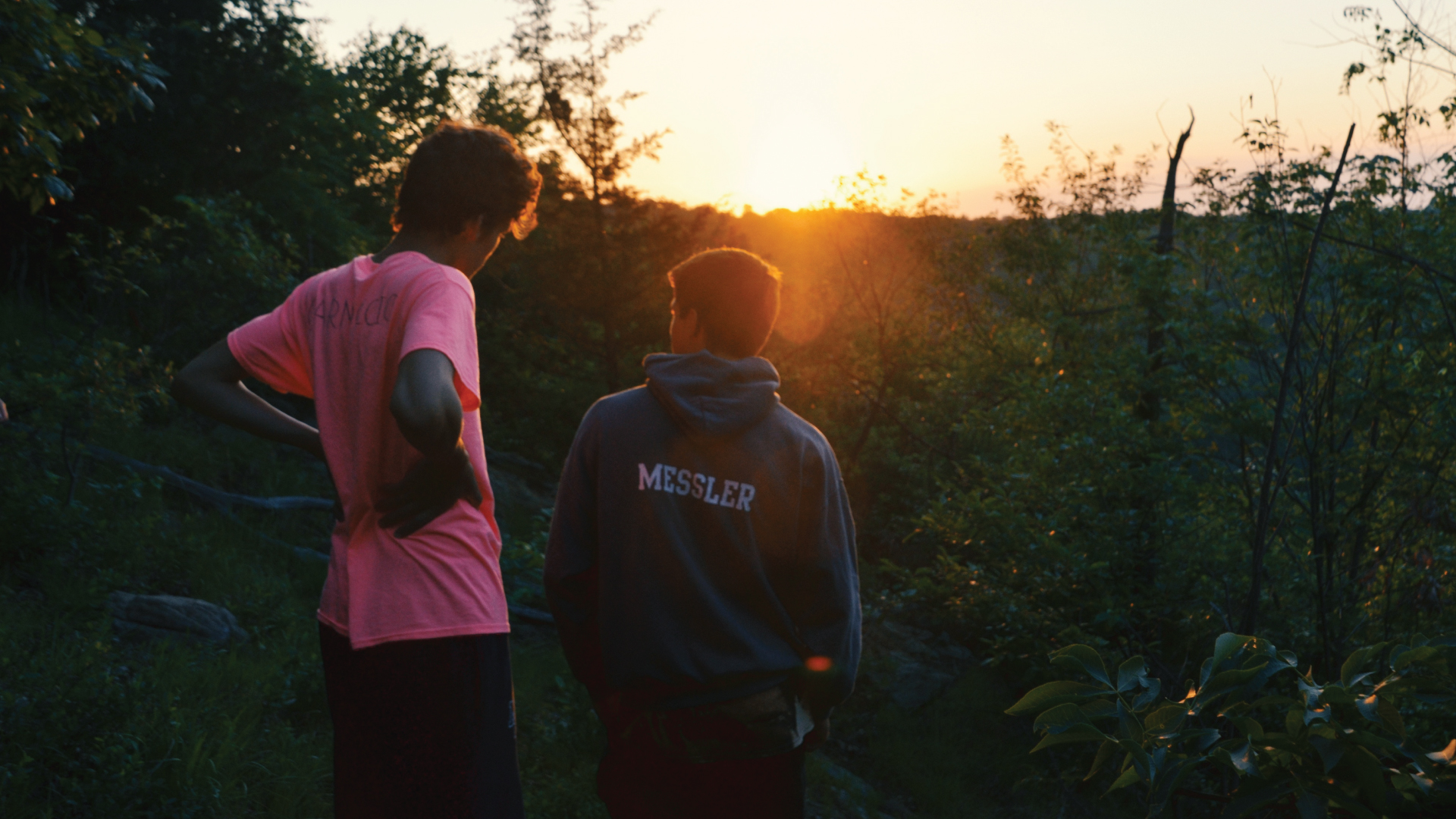Lacuna Loft’s mission is bringing resources and support to young adult cancer survivors and caregivers. Sometimes that means we run an awesome Writing Group and sometimes that means talking about the importance of clinical trials and other studies in which you can take part.
Ignyta is running a trial and bringing molecular testing to the forefront of cancer cures. From Ignyta:
We’re writing to share information about the STARTRK-2 clinical trial (sponsored by Ignyta) that is currently recruiting patients across the country who have solid tumors harboring NTRK, ROS1, or ALK fusions. Fusions are a certain type of DNA defect that have been reported to be oncogenic, meaning they could be a cause of your cancer. By performing molecular testing on a piece of your tumor tissue, it may determine if your cancer has one of these fusions.
Ignyta can provide no-cost molecular testing to see if you may qualify for the trial. In most cases, this test can be performed on a tumor sample that was previously obtained via biopsy and stored, avoiding the need for a new biopsy.
Eligible patients enrolled into the trial will receive a new investigational drug called Entrectinib. Entrectinib has shown preliminary antitumor activity in many different types of cancers. Click here to learn more about a recent update from our Phase 1 study.
Please speak with your doctor to determine if molecular testing is right for you. You may also contact Ignyta at 1.844.STARTRK or via email at STARTRKtrials@ignyta.com to learn more about the trial and to find a participating study center near you.
Have you been molecularly tested? Interested in other studies? Check out more information we’ve shared recently here.











